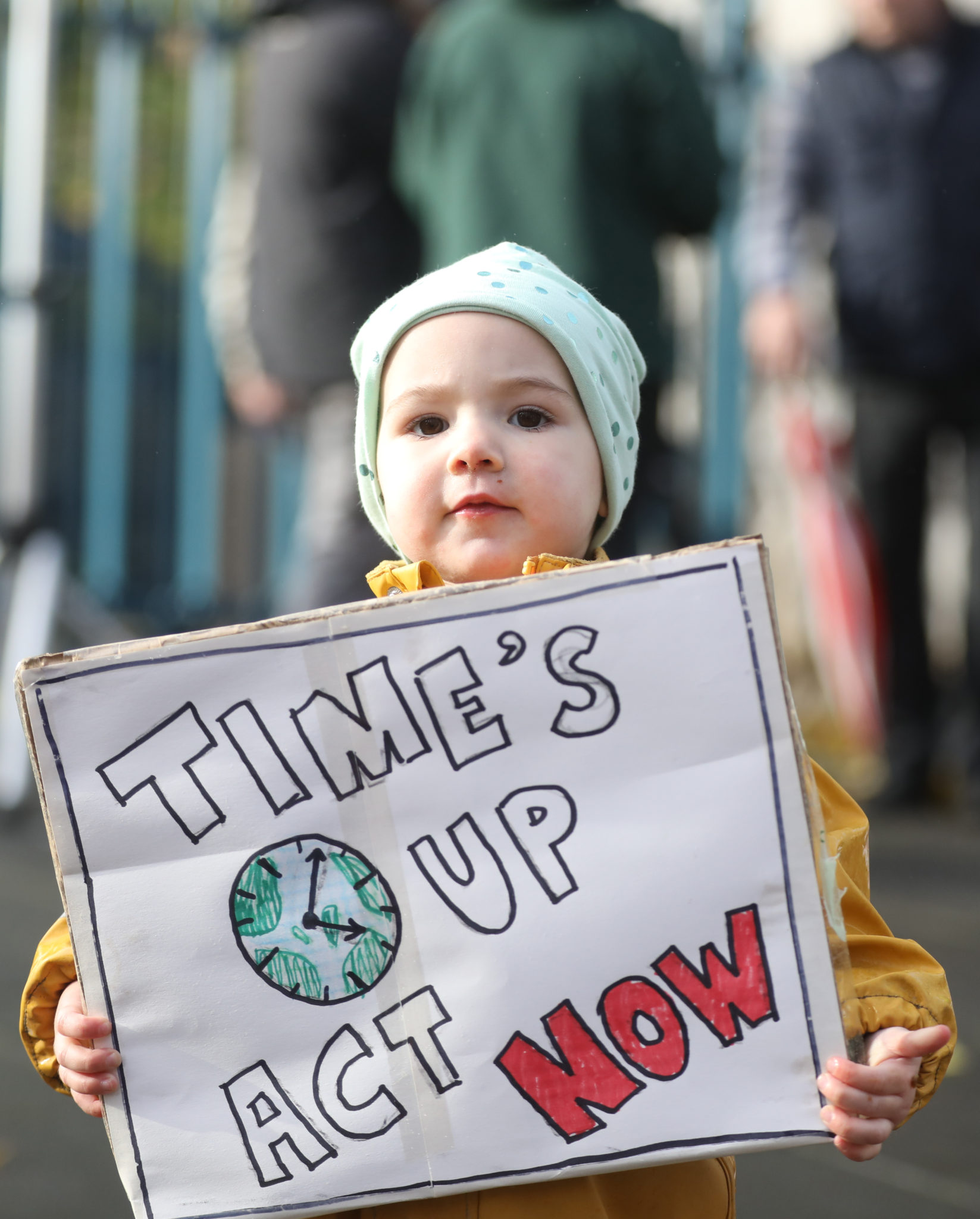More intense heatwaves, heavier rainfall and other weather extremes that pose a risk to human life can be expected if global warming isn't stopped soon.
That's according to a report by the IPCC - a global group of scientists assembled to assess climate change.
The Inter-Governmental Panel on Climate Change has warned of "rapidly escalating hazards" linked to temperature warming.
It's latest update on the state of the planet, which is linked in the below tweet, says;
"More than a century of burning fossil fuels as well as unequal and unsustainable energy and land use has led to global warming of 1.1°C above pre-industrial levels.
"This has resulted in more frequent and more intense extreme weather events that have caused increasingly dangerous impacts on nature and people in every region of the world."
In 2018 the IPCC highlighted the "unprecedented scale" of the challenge to keep warming to 1.5°C but has today warned "that challenge has become even greater."
That's down to a "continued increase in greenhouse gas emissions," it said, adding the current plans to tackle the problem are "insufficient."
PRESS RELEASE
There are multiple, feasible and effective options to reduce greenhouse gas emissions & adapt to human-caused #climatechange available now, said scientists in the latest #IPCC #ClimateReport released today.
➡️ https://t.co/AjZJgumEJL pic.twitter.com/DiNaZ5n96r— IPCC (@IPCC_CH) March 20, 2023
"Transformational Change"
One of the 93 authors of the Synthesis Report, published today, says the people who have contributed the least to climate change are being hit the hardest by the effects of it.
Aditi Mukherji says almost half the world's population lives in areas that are "highly vulnerable."
She added deaths from floods, droughts and storms were 15 times higher in the last decade in those regions.

The Way Ahead
The IPCC says the "clear solution" is integrating measures to reduce or avoid greenhouse gas emissions in ways that "provide wider benefits."
It says access to clean energy and technologies improves health, especially for women and children.
Examples include low carbon electrification, walking, cycling and public transport.
These "technologies" improve health, employment opportunities and equality according to the group.
"The economic benefits for people’s health from air quality improvements alone would be roughly the same, or possibly even larger than the costs of reducing or avoiding emissions."
The #IPCC Sixth Assessment Report is the result of the hard work of hundreds of scientists & experts who have contributed as IPCC authors & assessed thousands of scientific papers.
Tune in at 2pm & follow the press conference 👉 https://t.co/hd6OPJsn9S pic.twitter.com/V92MWUN8Ar— IPCC (@IPCC_CH) March 20, 2023
Targets
As mentioned above, in 2018, climate scientists warned that carbon emission levels need to halve by 2030 to hold global warming at 1.5°C degrees.
Assistant Professor in Environmental Policy at UCD, Dr. Cara Augustenborg, says it's unlikely the target will be met:
"Definitely not enough is being done," Dr. Augustenborg says.
"We're almost guaranteed now to exceed that 1.5°C limit of warming, we're not even nearly on track for that."
Dr. Augustenborg concluded, "there will be a big call to action following this report to get countries to really commit and to start to implement the things they've promised to do."












